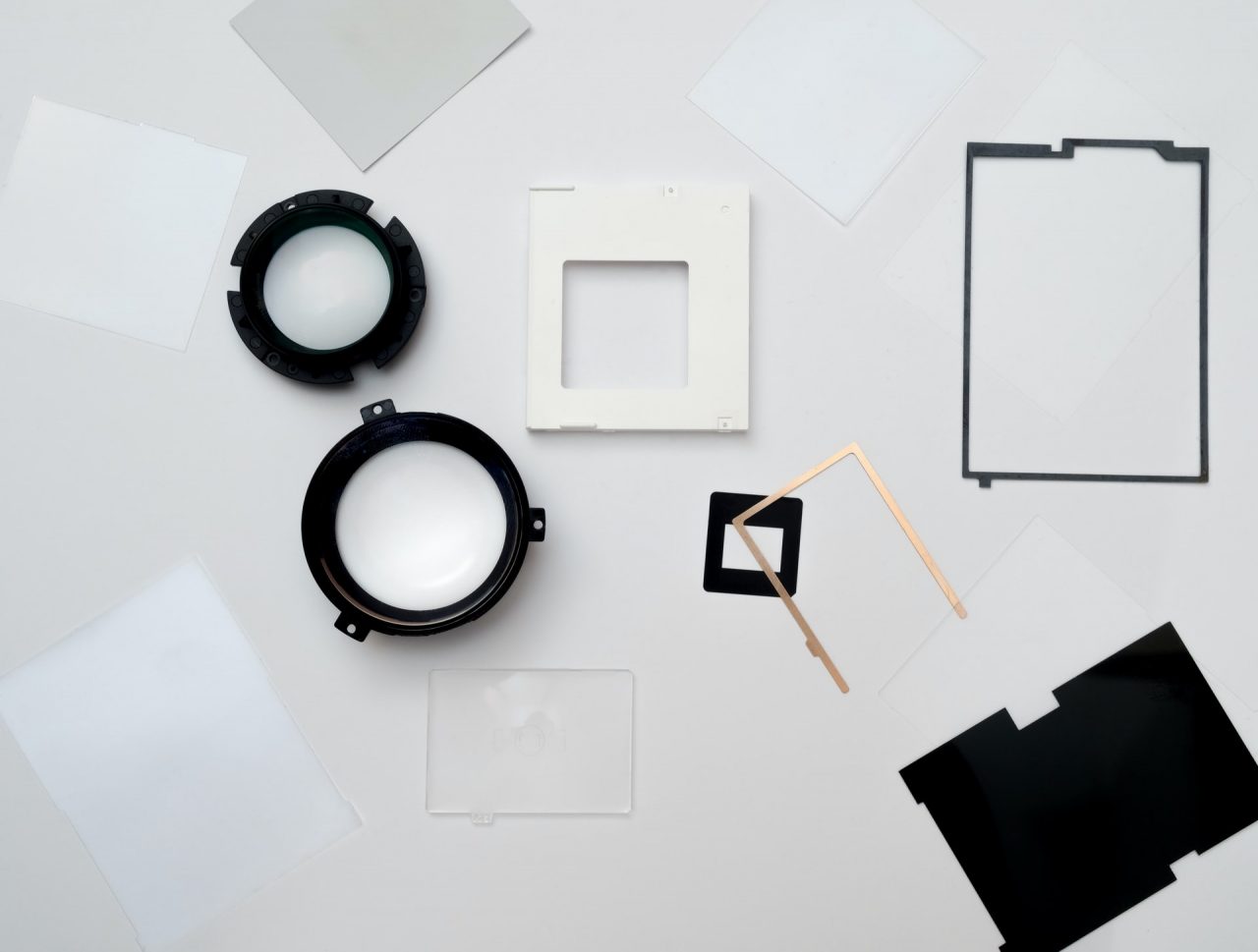What is the Right to Repair?
Will you buy a device, knowing, if you did something to better understand the functionality and investigate the flaws in it, it will be rendered useless? While options exist to repair the device, possibly even Do it Yourself (DIY), the manufacturer terms dictate that you are not allowed to fix it, break it, or tinker with it. What could be worse is if the manufacturer had the right to put you in jail or reprimand you in other ways for attempting to fix your own device, irrespective of the reason behind it. This is the premise of “Right to Repair,” a US government legislation that is intended to allow consumers the ability to repair and modify their own consumer electronic devices, where otherwise the manufacturer of such devices requires the consumer to use only their offered services.
Why does it matter?
It is 2020, and the climate change threat is looming upon us. Therefore, it is even more critical that people are able to repair their electronic devices for various purposes. The Right to Repair Act, as it applies to the latest devices has multiple benefits. The one that interests me the most as a cybersecurity researcher is the ability to find weaknesses within a device and learn about its potential flaws. As Karen Elazari once said, hackers are the immune system of the internet. Without the ability to ethically hack the latest consumer electronics, our privacy, safety, and data protection simply lie at the mercy of the manufacturers. We all know that no system is 100% secure, and data breaches and privacy scandals over the past decades indicate that we can not fully trust the technology companies for protection and ethical use of our data. This is why it is really crucial, for researchers and ethical hackers to be given the ability to tinker with these devices and find security flaws.
Jailbreaking XR Devices under Rights to Repair
The “Right to Repair” movement is not new and has successfully included legal provisions such as Section 1201 of The Digital Millennium Copyright Act (DMCA).
One of the key aspects of this section is the ability to jailbreak a device. Over the years more and more devices have been given an exemption to jailbreak. According to Section 1201, “jailbreaking”; is, “the process of gaining access to the operating system of a computing device […] to install and execute software that could not otherwise be installed or run on that device, or to remove pre-installed software that could not otherwise be uninstalled”. Thanks to activist organizations like EFF and iFixit, we now have jailbreak exemptions for wearable wireless devices, designed to be worn on the body, such as smartwatches or fitness devices. While we have progressed in adding more devices like Amazon’s Alexa to this list, we need to continue making these provisions for the latest gadgets. Extended Reality(XR) devices directly interface with our bodies, gathering signals, and input from our eyes and body movements. A clear distinction needs to be made regarding the legality of tinkering with augmented and virtual reality devices. Such distinctions would protect curious minds from putting themselves at risk of ending up in jail.
What is our position on the Rights to Repair?
In 2019, I founded the XR Safety Initiative (XRSI), the first Standard Developing Organization listed at the ANSI (American National Standard Institute) for the XR domain, with the goal of helping build safe and inclusive XR.
Within XRSI, we seek to establish these rights for Head-Mounted Display (HMD) goggles and Augmented Reality Glasses and various other XR devices rapidly being released in the market. XRSI believes once you purchase these expensive gadgets, you are the owner of it and should be able to tinker with it for various purposes, including security research. In other words, have the rights to repair.
The unfortunate part is major tech firms are yet to clarify their position on the Right to Repair Act, and more specifically on the activity of jailbreaking, which puts people like myself and many other ethical hackers and researchers at risk. This is also the opinion of many XRSI advisers and therefore, we will continue to gain clarification on this matter.
How YOU can get involved!
You bought the device, you should own it. You should have the right to use it, and repair it however you want. Today, we commence this fight for your right to repair. Public support is going to play a significant role in informing the appropriate regulatory bodies as well as gaining the Right to Repair for XR devices.
Join me and XR Safety Initiative (XRSI) in raising awareness as well as holding our grounds as we take this position to protect researchers, developers, and the XR community. Over the coming months, I’ll share updates on how to inform your local officials and ask for the Right to Repair for XR devices. In the meantime, please share your opinion as well as donate to our cause so we can inform, advocate, and protect those impacted by unfair policies in the XR ecosystems.
Do you believe in JailBreaking and Rights to repair for XR Devices?
About XR Safety Initiative:
XR Safety Initiative (XRSI) is a 501(c)(3) worldwide not-for-profit Standards Developing Organization(SDO) that promotes privacy, security, and ethics in immersive environments. XRSI’s mission is to help build safe and inclusive experiences so that XR stakeholders can make informed and pragmatic decisions. XRSI does this by discovering novel cybersecurity, privacy, and ethical risks and proposing potential new solutions to mitigate them. XRSI, being the first such global effort, is uniquely positioned to provide impartial, practical information about XR and Spatial Computing related risks and opportunities to individuals, corporations, universities, government agencies, and other organizations worldwide.






